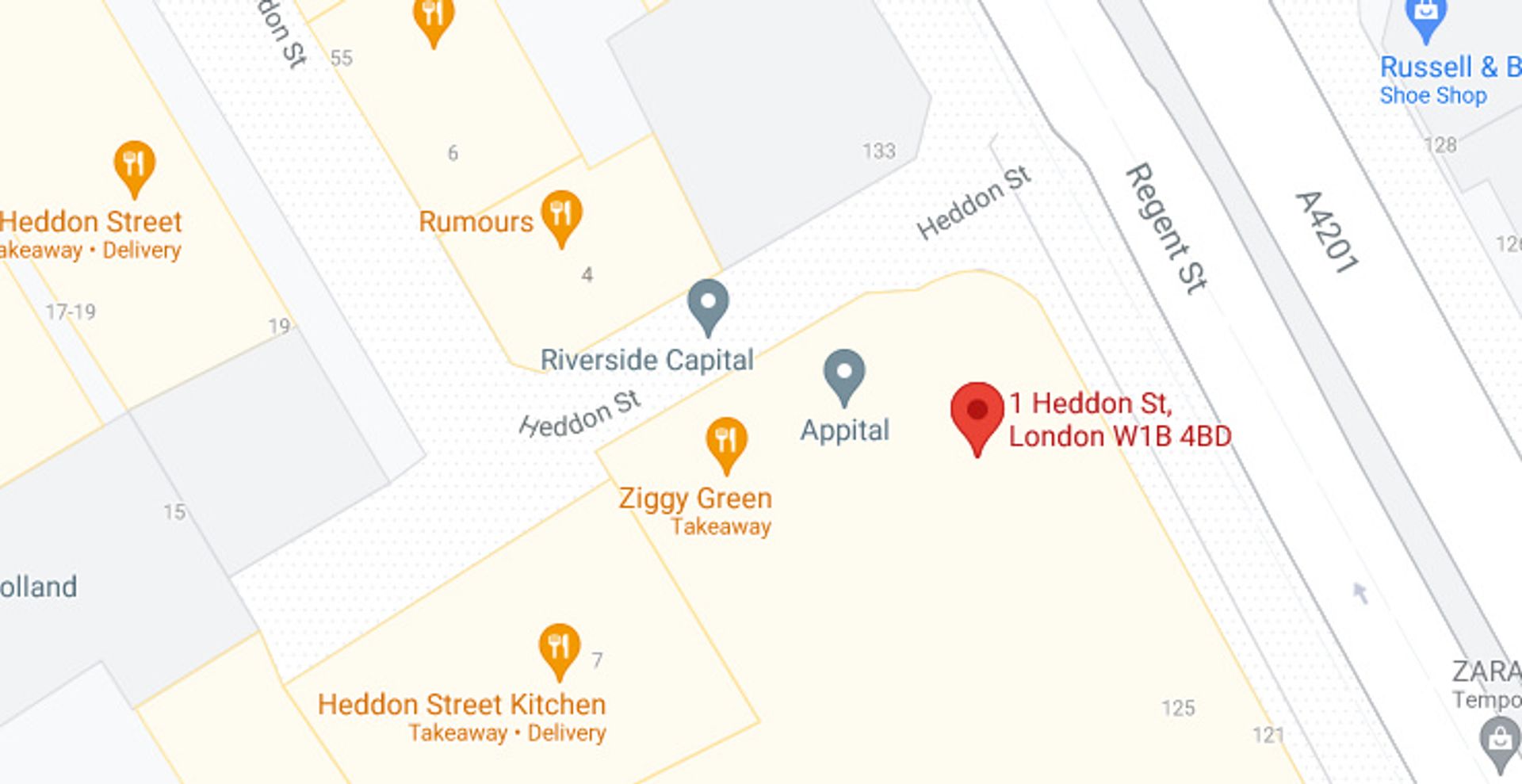Contact
Call: +44 (0) 203 846 5801
Email: enquiries@twelvetabulae.com
1 Heddon Street
Mayfair
W1B 4BD

AI and The Law
Will AI impact law firms and legal departments?
When I was asked this question recently, I started to think about AI’s use as a real world legal analysis tool for disclosure and contracts vs the hype that AI is ‘replacing lawyers’, keeping in mind Chat GPT’s limitations.
Then I realised the best person to answer this question would be ChatGPT itself. So, I asked ‘will Artificial Intelligence replace lawyers’ and it told me that it did not think so as it was not human enough – this is precisely the issue.
I asked ChatGPT ‘will Artificial Intelligence replace lawyers’
The legal profession involves a significant amount of communication, negotiation, and advocacy, which are skills that require human judgement, creativity, and interpersonal skills. While AI can analyse data and provide insights, it of course lacks the ability to understand the nuances of human behaviour.
AI technology, in its most basic form, has been utilised in the legal industry for many years as a search tool in disclosure exercises. You could ‘train’ the AI based software to adopt certain rules when searching and identifying terms and clauses within documents.
The difference with modern AI is that it takes the rules and bends them according to the criteria it perceives to return more accurate results, like a primal form of judgement. But despite the advancements in reality, Messrs. Chat GPT are really only adding verbal interaction to crude computations based on internet searches.
‘If AI was a real lawyer, you’d be asking when it qualified!’
Does this mean that it will don a virtual suit, head to the local court and tackle an arraignment? Will AI look into a client’s eyes and assess how they present, offering a tailored approach to the problem? Obviously not. And if it tried, you would be asking ‘when exactly did you qualify?’.
Legal services will continue to benefit from AI-powered and machine learning-based tools for tasks such as due diligence, document review and identifying patterns in data, helping legal researchers and lawyers immensely.
But, beyond disclosure and documentary analysis where the legal industry can use AI tools to analyse vast amounts of legal data, there are no uses for AI in the real world of lawyering because the profession remains one of the most human focussed out there.
AI will relieve some of the legal profession’s tedium, but that’s as far as it goes.
Those engaged with AI have sought to draw comparisons with trading floors that have been overtaken by algorithms, but even that is a flawed interpretation; here AI is also used as a search tool except it can also execute trades, but again within certain rules.
The impact of AI within the banking industry was profound only because trades are almost entirely unconcerned with human interaction and interpretation. What makes being a lawyer so human is precisely why AI will always be a tool to add efficiencies and not a replacement for lawyers. Anyway, Chat GPT agrees with me about AI and the law so I must be right…
Simon Caltagirone
CEO and Senior Solicitor
Simon Caltagirone, a senior solicitor at Twelve Tabulae, has direct experience with red notice applications, extradition and human rights claims, offering unique insights into challenging red notices and extradition from her background as a prosecutor at the Serious Fraud Office.
